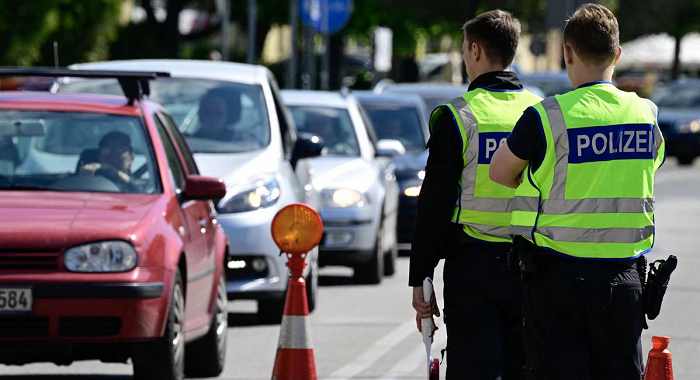Interior Minister Alexander Dobrindt has begun planning the implementation of stricter border controls, including the rejection of asylum seekers at the border. He aims to double the number of federal riot police to 1,200 units, expand mobile surveillance and control teams, and increase the number of checkpoints, which currently stands at 50. As part of these efforts, the Christian Social Union (CSU) minister also plans to introduce two 12-hour shifts per day for border inspection officers.
According to the German news agency, the Interior Minister discussed plans to implement strict border controls to combat irregular migration and to reject asylum applications at the border.
A few days ago, Dobrindt announced that he would begin implementing stricter border control measures to curb migration as soon as he assumes office. Federal police officers currently stationed at the border will remain in place, with additional specialized personnel to be deployed to strengthen enforcement. However, doubts persist about the police’s capacity to effectively monitor Germany’s extensive 4,000-kilometer external borders.
According to Federal Police Inspectorate spokesperson Stefan Dunn, the federal police have not received any new orders to tighten border controls. Dunn, who is stationed at a border checkpoint with Luxembourg, said, “We are doing our job as we have over the past few months. We have not received any new instructions so far. We will continue to operate as before.”
The German Police Federation has previously expressed concerns about the increased workload for police officers since the introduction of border controls in September last year. They have called for officers stationed at the border to be exempt from duties in other areas. Additionally, the Federation noted that implementing refusals at the border will lead to fewer individuals being registered and a decrease in the number of people escorted to reception centers.
Germany began imposing temporary border controls on its border with Austria in 2015, after which the previous government ordered the gradual expansion of border controls to all German borders, with the aim of curbing migration and asylum.
The new coalition has pledged to further tighten border controls and reject asylum seekers at entry points. The coalition parties in the Bundestag—the SPD and CDU—have agreed to enforce a stricter migration and asylum policy, with a particular focus on turning away asylum seekers at the border. “In coordination with our European neighbors, we will also reject asylum seekers at our shared borders,” the coalition agreement states. However, this plan faces significant obstacles, as neighboring countries have refused to accept rejected asylum seekers on their territory.





